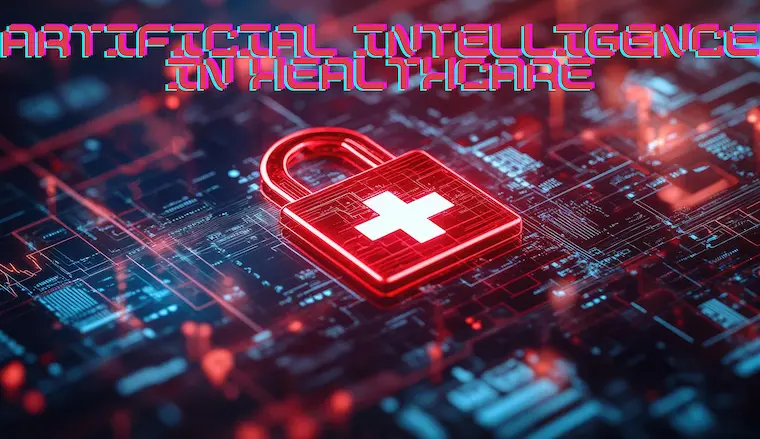
Artificial Intelligence is transforming healthcare by enabling early disease detection, improving diagnostic accuracy
AI in Healthcare – Artificial Intelligence (AI) is revolutionizing healthcare, particularly in early disease detection. By leveraging machine learning and deep learning algorithms, AI can analyze medical images, genetic data, and patient records to identify diseases at their earliest stages. This breakthrough is saving lives, improving diagnostic accuracy, and reducing healthcare costs.
How AI Detects Diseases Early
AI excels at pattern recognition, making it a powerful tool for early disease detection. Unlike human observers who may miss subtle abnormalities, AI can consistently identify minute changes in medical data that often signal the earliest stages of disease development.
1. AI in Medical Imaging
AI-powered tools are enhancing radiology, allowing doctors to detect tumors, lesions, and abnormalities with unprecedented accuracy.
- Google DeepMind’s AI system can identify 50 different eye diseases from retinal scans with 94% accuracy.
- AI algorithms analyzing mammograms have reduced false negatives by 9.4%, ensuring early breast cancer detection.
- AI-assisted lung cancer screening has improved tumor detection rates, increasing early-stage diagnoses.
2. Predictive Analytics Using Patient Data
Beyond imaging, AI systems can analyze genetic information, electronic health records, and lifestyle factors to predict disease risk with unprecedented accuracy.
- AI models can predict Alzheimer’s disease up to six years before clinical diagnosis.
- Machine learning algorithms analyzing ECG data can identify patients at risk of atrial fibrillation, even when their heart rhythm appears normal.
AI’s Role in Detecting Ovarian Cancer and Melanoma
AI is making significant strides in detecting ovarian cancer and melanoma, two diseases where early diagnosis is critical.
- Ovarian cancer detection: AI models can analyze biomarkers and ultrasound images, identifying early-stage tumors before symptoms appear.
- Melanoma detection: AI-powered skin cancer screening tools can differentiate between benign and malignant lesions, improving early diagnosis rates.
Challenges and Ethical Considerations
Despite its potential, AI in healthcare faces challenges:
- Data privacy concerns regarding patient records.
- Regulatory hurdles in approving AI-driven diagnostics.
- Bias in AI models, requiring diverse datasets for accurate predictions.
Conclusion
AI is transforming early disease detection, offering unparalleled accuracy and efficiency in diagnosing life-threatening conditions. As AI continues to evolve, its integration into healthcare will save millions of lives, ensuring timely interventions and improved patient outcomes.
Also read – AI Jobs 2025: The Best Careers in Artificial Intelligence